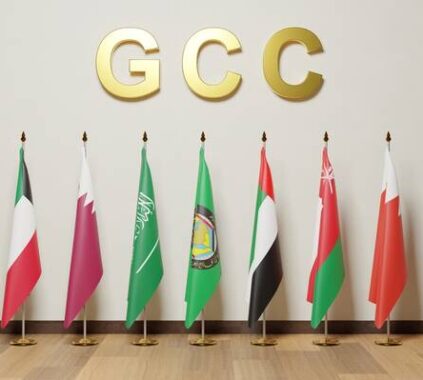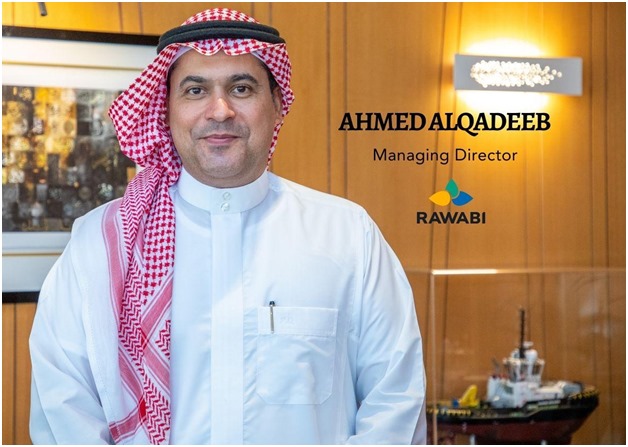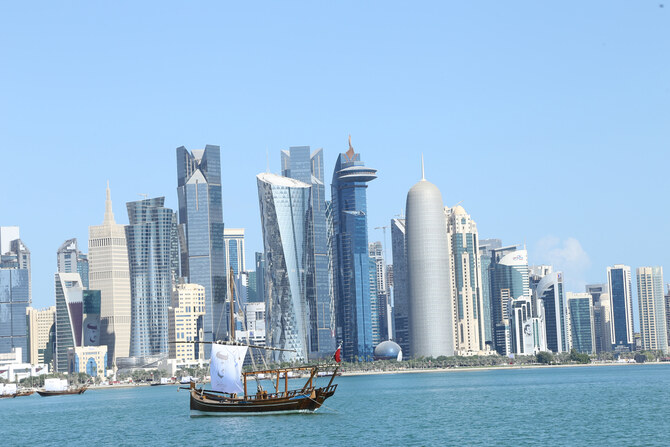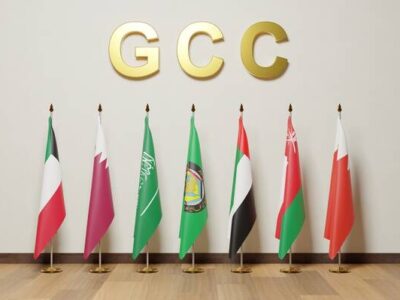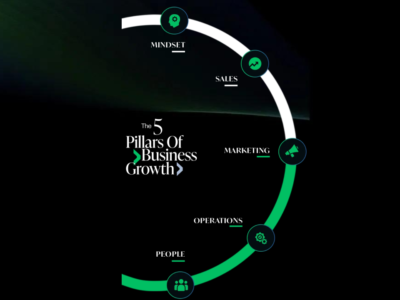RIYADH: According to a new International Monetary Fund research, economies in the Gulf Cooperation Council are reducing the digital transformation gap with industrialised nations.
The study discovered that the region has made significant progress in digital infrastructure and government services since the epidemic, but there are still issues in financial inclusion, digital business adoption, and worker preparation for artificial intelligence.
The discoveries come as Gulf states step up efforts to diversify their oil-dependent economies through technological advancements. Saudi Arabia has established multibillion-dollar ventures such as NEOM, and Dubai has accelerated the Digital Silk Road, while Bahrain and Qatar are developing as fintech hubs.
The paper noted that digitalisation is reshaping the global economic and financial landscape, potentially increasing productivity and encouraging diversification in the Gulf Cooperation Council.
The COVID-19 pandemic has substantially pushed the global digitalisation agenda, opening up new prospects for the digital economy as more activities transition online,” it stated.
The IMF research stated that the GCC’s digital acceleration has been particularly noticeable in public sector services and connectivity. The region’s “GovTech Maturity Index,” which assesses digital government transformation, currently equals or exceeds the average of advanced economies. Saudi Arabia and the UAE lead the region, with GTMI scores that exceed the 95th percentile globally.
Also Read:
The Saudi CMA Takes action to Strengthen SPEs’ Debt Issuance Oversight
After Eight Years, Kuwait Re-Enters the Global Debt Markets With a New Borrowing Law















